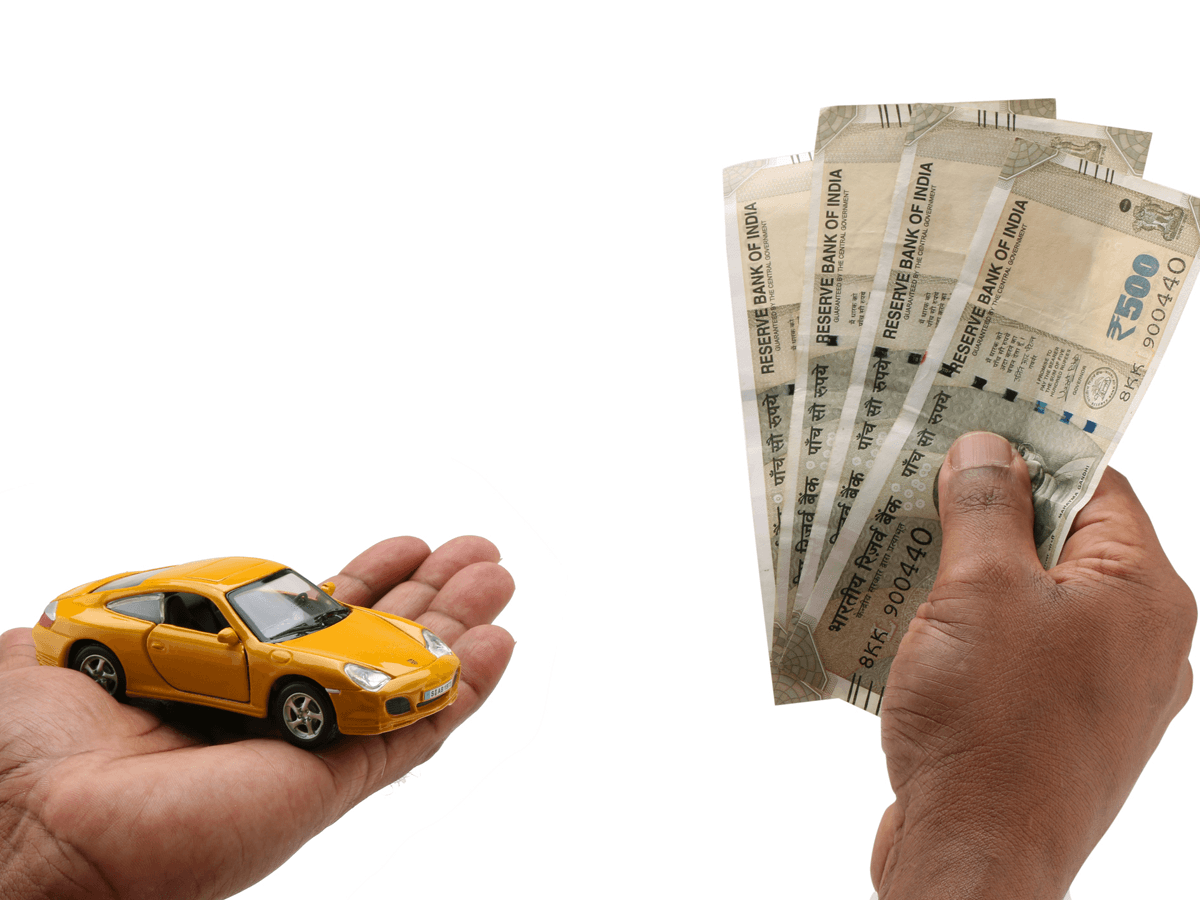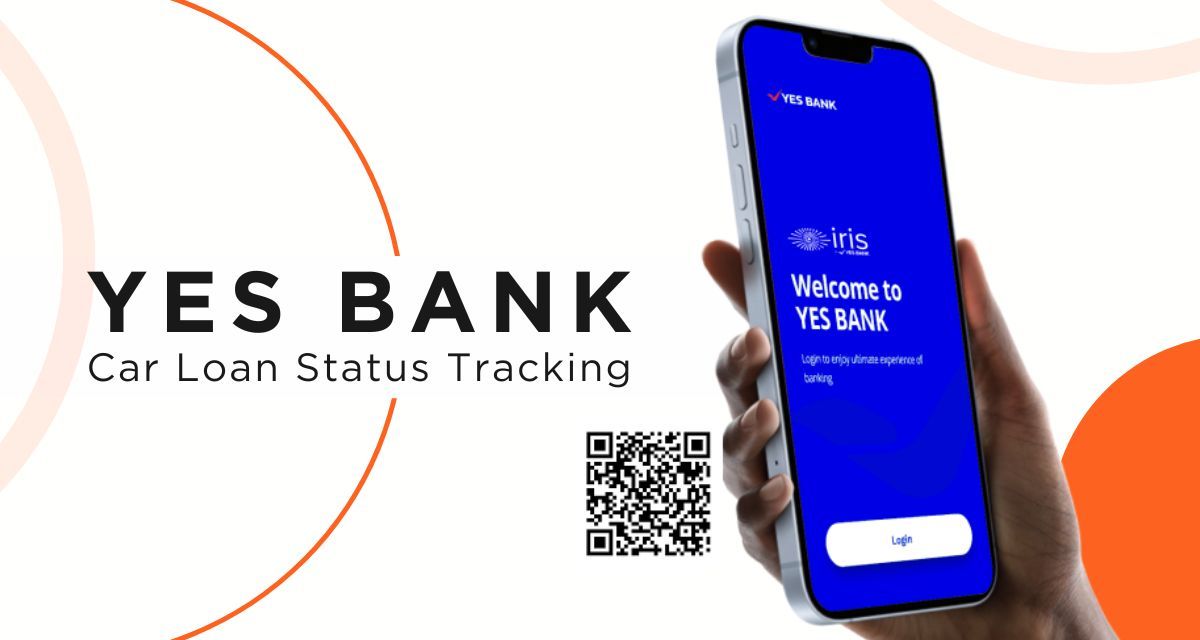As the financial position of an individual changes, many car owners think of car loan closures or payoffs to avoid longer-term liabilities. This practice therefore entails paying off a car loan before the agreed time is due. But when should this option be used, and what does it entail? This blog explores some key aspects of car loan foreclosure including when and how to go for it and offers you detailed information on documents required for the foreclosure of a car loan.
What is Car Loan Foreclosure/Prepayment?
Car loan foreclosure and car loan prepayment are often used interchangeably, though with a slight nuance. Both terms refer to paying off the remaining balance of your car loan before the loan term officially ends. This can be achieved through a lump sum payment or a series of accelerated payments. By doing so, you effectively "foreclose" or "prepay" the loan.
When to Foreclose on Your Car Loan?
The decision to foreclose on your car loan depends on your financial situation and goals. Here are some scenarios where it might be a wise move:
Significant Influx of Cash: If you receive a windfall, such as a bonus, inheritance, or the sale of an asset, using it to foreclose on your car loan can save you money on interest in the long run.
Reduced Interest Rates: If prevailing interest rates on car loan have dropped significantly since you obtained your loan, foreclosure can be a strategic way to lock in those lower rates with a new loan.
Improved Credit Score: Paying off a loan early demonstrates responsible financial behaviour and can positively impact your credit score. This can be beneficial when applying for future loans or lines of credit.
Debt Consolidation: If you're carrying high-interest debt, you might consider foreclosing on your car loan and using the freed-up funds to consolidate other debts into a lower-interest loan.
Car loan foreclosure status can also be a factor. If you're nearing the end of your loan term and have a low remaining balance, the interest savings from foreclosure might be minimal.
Documents Required for Foreclosure of Car Loan
The specific documents required for foreclosure of a car loan will vary depending on your lender. Before proceeding with car loan foreclosure, gather the necessary documentation to ensure a smooth and hassle-free process. However, some common requirements include:
Written Request: A formal letter expressing your intention to foreclose on the car loan.
Proof of Identity: A copy of your government-issued ID, such as a driver's license or passport.
Loan Documents: Your original loan agreement or account details.
Proof of Payment: Documentation of your most recent car loan payment.
Closure Statement: This document, obtained from your lender, details the outstanding loan balance and any applicable fees associated with foreclosure.
Documents required for foreclosure of car loan can sometimes include additional items, so it's best to check directly with your lender for the most up-to-date information.
Also read --> What are the Documents Required for a Car Loan?
The Foreclosure Process
Once you've decided to foreclose on your car loan, here's a general roadmap of the process:
Contact Your Lender: Initiate the process by contacting your lender and expressing your desire to foreclose on your car loan.
Request a Closure Statement: Ask for a closure statement which details the outstanding loan balance, any applicable car loan foreclosure fees, and the payoff amount.
Settle the Balance: Prepare to settle the outstanding balance either through a lump sum payment, a series of accelerated payments, or potentially through a new loan with a lower interest rate (depending on your lender's policies).
Obtain Documents: Once the balance is settled, request a car loan foreclosure completion letter and a lien release from your lender.
Update Vehicle Title: With the lien release in hand, visit your local Department of Motor Vehicles (DMV) to update the title of your vehicle, reflecting your ownership. This removes the lender's lien on the car.
Documents required for foreclosure of a car loan are crucial throughout this process. Ensure you have everything readily available to avoid delays.
Benefits of Car Loan Foreclosure
Car loan foreclosure can offer significant advantages for vehicle owners. Whether driven by a financial windfall or the desire for greater economic freedom, foreclosing on a car loan can positively impact your finances and credit health. Let’s explore the key benefits of car loan foreclosure that make this financial move appealing:
Interest Savings: By paying off your loan early, you save on future interest payments, which can be substantial over the loan term.
Debt-Free Ownership: Foreclosure allows you to fully own your vehicle sooner, providing peace of mind and financial freedom.
Improved Credit Score: Successfully foreclosing a loan can boost your credit score, reflecting positively on your financial management skills.
Flexibility: With no monthly loan obligations, you have greater flexibility in your finances to allocate funds elsewhere.
Also Read --> 10 Common Car Loan Mistakes to You Should Avoid
Drawbacks of Car Loan Foreclosure
While car loan foreclosure can offer several benefits, it also has some potential drawbacks. Before deciding to pay off your car loan early, it is important to consider the possible drawbacks that could impact your financial health and overall strategy. Here is a closer look at the challenges and costs associated with car loan prepayment:
Foreclosure Penalties: Many lenders impose penalties or fees for paying off your loan early. These penalties can range from a fixed fee to a percentage of the remaining loan balance and can sometimes be substantial, potentially offsetting the savings gained from avoiding future interest payments.
Reduced Liquidity: Foreclosing a car loan requires a significant lump sum payment, which can deplete your cash reserves. This reduction in liquidity might impact your ability to handle unexpected expenses or opportunities that require immediate financial resources.
Opportunity Cost: The funds used for car loan foreclosure could be invested elsewhere for potentially higher returns. By paying off your loan early, you may miss out on investment opportunities that could yield better financial gains than the interest saved on the loan.
Impact on Credit Score: Paying off a loan can have a complex impact on your credit score. While reducing your debt is generally positive, closing a loan account can lower your credit mix and the length of your credit history, both of which can temporarily affect your credit score negatively. Additionally, if the loan was your only installment account, it could reduce your credit score because having a mix of credit types is favorable.
Loss of Tax Benefits: In some cases, the interest paid on car loans can be tax-deductible, particularly if the vehicle is used for business purposes. Foreclosing the loan could eliminate these tax benefits, potentially increasing your overall tax liability.
Points to Consider Before Foreclosure of Car Loan
While car loan prepayment can offer numerous benefits, it’s crucial to evaluate certain factors before making a decision. Here are some key points to consider:
Foreclosure Penalties
Many lenders impose penalties for early repayment. These penalties can sometimes be substantial and may negate the financial benefits of paying off your loan early. Review your loan agreement or consult with your lender to understand the specific penalties applicable to your loan.
Opportunity Cost
Consider the opportunity cost of using your funds for car loan foreclosure. Assess whether those funds could be better utilized elsewhere, such as investing in higher-yield opportunities or saving for future financial goals. Weigh the potential returns against the savings on interest payments.
Impact on Credit Score
While foreclosing a loan can boost your credit score in the long run, there might be a short-term impact. Closing a loan account reduces the diversity of your credit portfolio, which can temporarily lower your score. Consider how this aligns with your immediate financial plans.
Remaining Loan Tenure
Evaluate the remaining tenure of your loan. If you’re nearing the end of the loan term, the interest savings from foreclosing may be minimal. Conversely, if you have a long tenure left, the interest savings could be significant.
Liquidity Considerations
Ensure that foreclosing your car loan does not compromise your liquidity. Retaining adequate cash reserves is essential for managing unforeseen expenses and maintaining financial stability. Avoid depleting your savings entirely to foreclose a loan.
Tax Implications
In some cases, the interest paid on car loans might be tax-deductible, especially if the car is used for business purposes. Consult a tax advisor to understand if foreclosing your loan will affect any tax benefits you currently enjoy.
Emotional and Psychological Factors
Consider the emotional and psychological factors of being debt-free. The sense of relief and peace of mind from no longer having monthly payments can be a compelling reason to foreclose your car loan, even if the financial benefits are marginal.
Future Financial Commitments
Review your future financial commitments and goals. If you have other high-interest debts or upcoming significant expenses, prioritizing these over car loan prepayment might be more prudent.
Conclusion
Car loan foreclosure or prepayment can be a valuable financial strategy, but it requires careful planning and consideration. By weighing the potential benefits against the drawbacks and understanding the process involved, you can determine if it aligns with your overall financial goals. Remember, this guide serves as a starting point. Consulting with a financial advisor can provide personalized guidance based on your unique financial circumstances. With the knowledge gained from this article, you are well-equipped to navigate the car loan foreclosure process and potentially achieve financial freedom faster.




